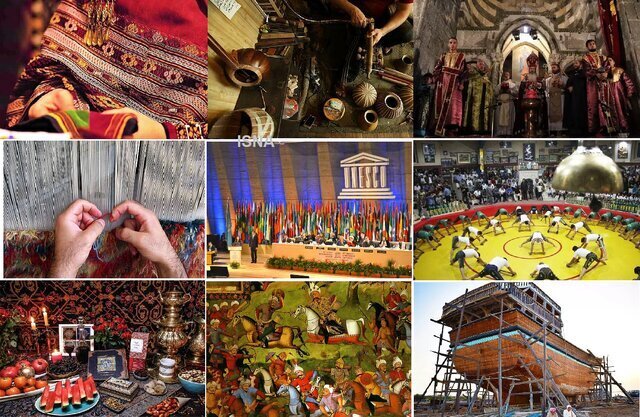Tehran to host meeting of UNESCO-affiliated centers

TEHRAN - Iran has officially been selected to host the 2026 annual meeting of UNESCO Category 2 Centers active in the field of intangible cultural heritage.
The announcement was made by Ali Darabi, Deputy Minister of Cultural Heritage, Tourism, and Handicrafts of Iran and Chair of the Governing Board of the Tehran-based Regional Research Centre for Safeguarding Intangible Cultural Heritage in West and Central Asia.
The decision followed the 2025 virtual session of these centers, presided over by Fumiko Ohinata, Secretary of the 2003 Convention for the Safeguarding of the Intangible Cultural Heritage.
Held online due to scheduling conflicts with the 2025 UNESCO General Assembly and the MONDIACULT World Conference in Spain, the meeting brought together over 80 participants, including directors of Category 2 Centers and international experts. Representatives from centers in Algeria, Bulgaria, China, Iran, Japan, Peru, South Korea, the UAE, and other countries were in attendance.
In the first part of the session, the Tehran Centre presented a comprehensive report on its 2024 activities. Delivered by Director General Atousa Momeni, the report highlighted efforts in regional capacity-building, digital platform development, educational programs, and collaboration with local communities across 24 countries in West and Central Asia.
The second segment of the meeting focused on proposals for the 2025–2026 Action Plan, submitted by the Tehran Centre for review and eventual approval at the next session of the Governing Board.
Despite the 2025 meeting being held online, Ohinata confirmed Iran’s candidacy to host the 2026 in-person session remains in place and is actively on the Secretariat’s agenda.
Darabi underscored the strategic importance of the Tehran Center in realizing the goals of the 2003 UNESCO Convention, noting its extensive geographical coverage and role as a professional partner to the Convention’s Secretariat.
Category 2 Centers under the auspices of UNESCO are institutions established and supported by Member States to contribute to the execution of UNESCO's programs. They specialize in fields such as teacher training, educational planning, adult literacy, and intangible cultural heritage. These centers promote knowledge-sharing, regional networking, and capacity-building, reinforcing UNESCO’s mission in their respective areas.
AM
Leave a Comment